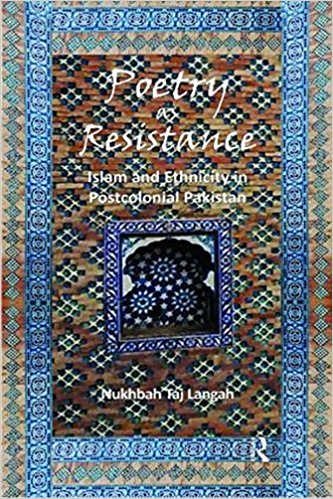Nukhbah Langah has indeed written a brave book as it highlights the colonial instinct of the postcolonial state, a factor which is rarely done in the political literature on Pakistan. This is a valiant effort since the modern day Pakistani state is gradually evolving into (in terms of discourse) two countries: one that has and accepts a centralized discourse and the other which represents the real character of the federation and, hence, multiple narratives. The author speaks of the powerful Punjab dominated state that has not allowed ethnic identities to find a place in the federation’s politics. Saraiki, which is spoken mainly in South Punjab but also in other parts of the country, is often treated as simply a dialect of Punjabi, a notion that Langah questions by discussing historical and modern Saraiki literature. According to her, the great Sufi poet Khwaja Farid, who implored the Nawab of Bahawalpur state to establish his own power and not accept the domination of the British, sowed the seeds of a separate identity. The author sees such poetry as representing political resistance which can be found in modern-day poetry as well. The Punjabi domination reminds the Saraiki nationalist of the various colonizations that the land has encountered since 1818 with the invasion by Ranjit Singh. Subsequently, there were other invasions as well, the latest being from within the Pakistani state in the form of Punjabi political domination. Langah generously cites modern Saraiki writers like Riffat Abbas, and Aslam Ansari as echoing the identity issue.

Not By Terror Alone
Ayesha Siddiqa
POETRY AS RESISTANCE: ISLAM AND ETHNICITY IN POSTCOLONIAL PAKISTAN by Nukhbah Taj Langah Routledge, New Delhi, 2011, 2012, 271 pp., 695
March 2012, volume 36, No 3
